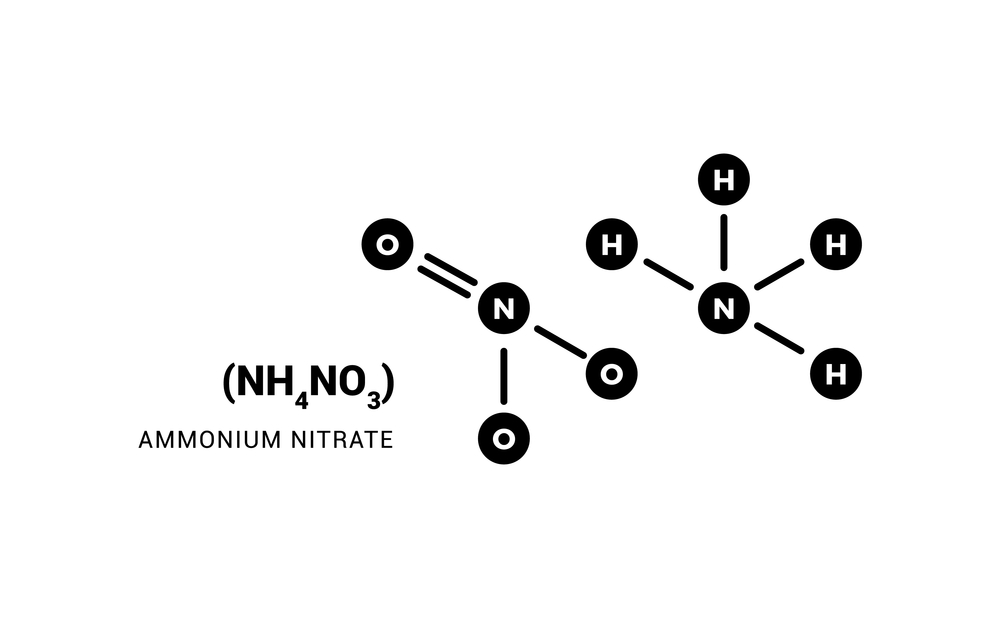Beirut – Tragedy gripped the nation of Lebanon last week as a powerful explosion took place that shook the city with an aftershock that was felt as far as Cyprus across the sea. 2,750 tonnes of ammonium nitrate exploded into a wide range blast radius that has shattered all the windows and blown off most the balconies off of buildings as far back as the outer limits of Beirut while the center of the explosion was completely destroyed leaving a large crater where the famous Beirut port used to be.
People have demanded that the government explain why such volatile chemicals were placed in a storage warehouse in the port when it should have been transported to a chemically safe and stabilizing storage unit in a chemical plant.
Ammonium nitrate is a key ingredient in modern agricultural fertilizer as well as making explosives as was revealed by the German government when the Israeli Foreign Intelligence (Mossad) had tipped them off of an ammonium nitrate bomb planned by Hezbollah to induce a “Third Lebanon War” stored in their southern warehouses that was duly confiscated. Hezbollah denies having anything to do with the Ammonium Nitrate stored in Beirut’s port.
The chemicals were brought into the country around 2013 when the green cargo ship the Rhosus, set to attain cargo as payment to help shoulder fees for the Suez canal had docked and refused to take the Lebanese cargo as the safety precautions of padlocks and other safety concerns of the containers were not met. The ship was then impounded when the Lebanese refused to let the ship leave and forced the crew and captain to stay in the cargo ship until the owner of the boat had paid for the port fees. The crew was stranded for 10 months before selling fuel from their ship for a lawyer to finally force a Lebanese hearing to let them go.
The ship’s cargo was seized at 2,750 tonnes of ammonium nitrate taken from Batumi,Turkey and Greece that were set to be delivered to Mozambique before the ship had docked in Beirut. The ammonium nitrate remained in Beirut as part of confiscated goods and was stored in the port warehouse without the official safety precautions of storing it in a place without pipes or near any sources of heat.
The corruption of the Lebanese government came into question when these details were revealed as no evidence was visibly left to denote the cargo had been the cause but the ship records proved the government was well aware such dangerous chemicals were stored close to the city.
President Michael Aoun stated that the government would severely punish all the port officials and parties responsible for allowing such an oversight to go unnoticed during their terms that resulted in the death of 137 people and 5000 casualties.
![]()
